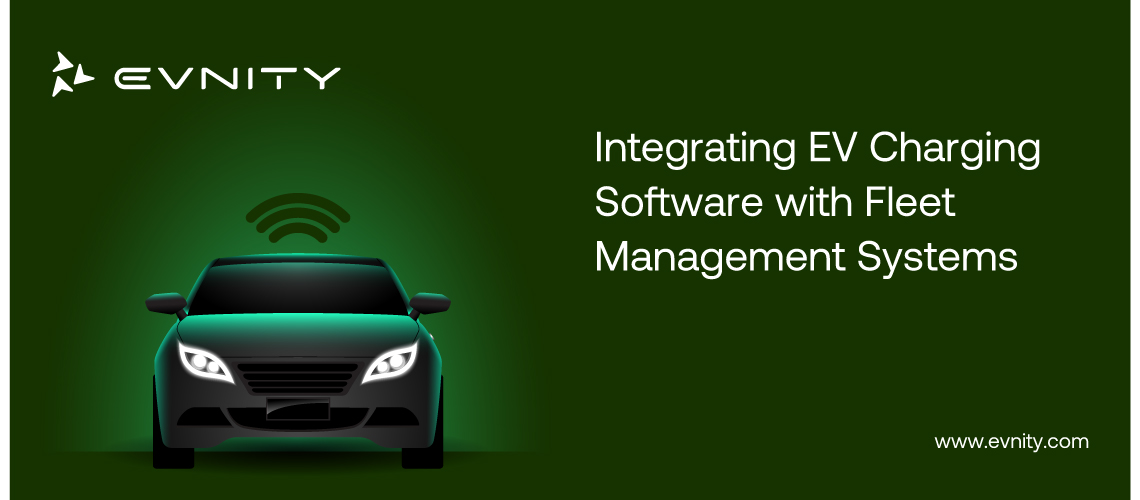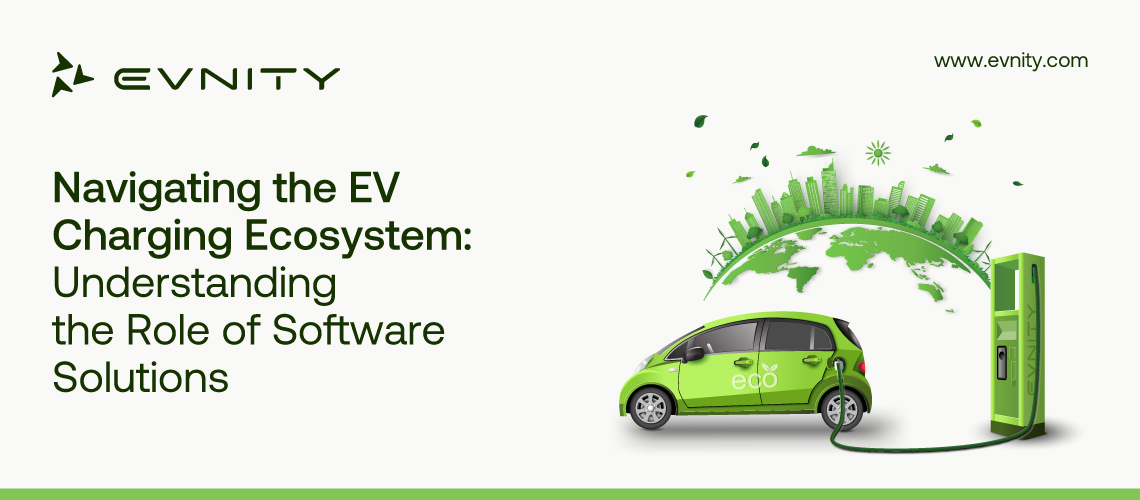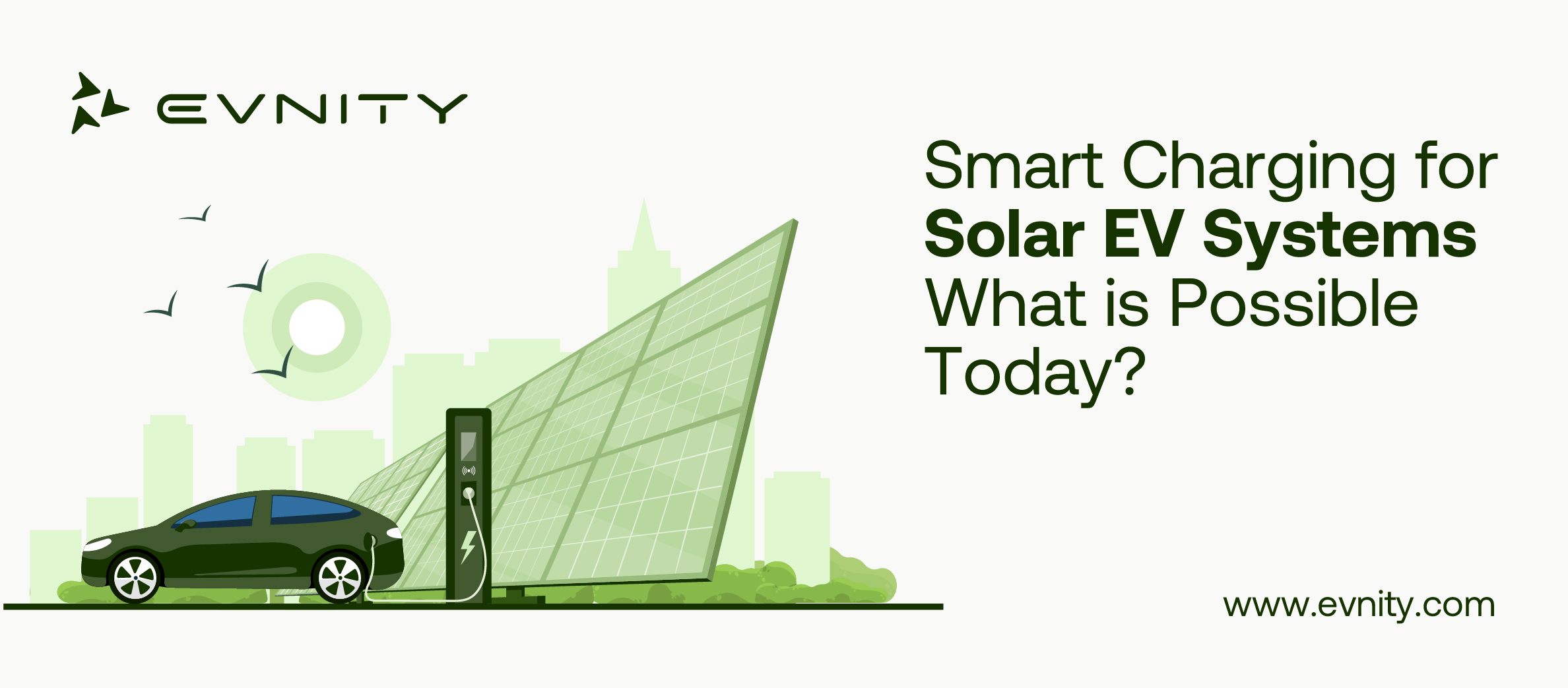Software for managing electric car charging is a complete solution that aids in network optimization, excellent charging experiences, and business revenue generation for service providers. With its operations, billing, energy management, driver management, and fleet management components, it helps industry participants lower Total Cost of Ownership (TCO), boost income, and improve drivers' experiences charging. Let us understand in detail:
Understanding EV Charging Management Software
To handle every facet of EV charging, optimize uptime, and give drivers a first-rate experience, operators and e-mobility service providers need EV charging software. It needs to offer a comprehensive solution for managing energy, drivers, fleets, billing, and EV charging operations. The operations section of EV charging software includes tools for keeping an eye on the charging network, getting warnings, and recording problems. Dashboards, operational data analysis, and remote diagnostic tools are examples of advanced functionality.
By distributing the strain placed on the local grid during EV charging, energy management helps utilities avoid having to make expensive infrastructure modifications and guarantees that all cars get the electricity they require on schedule. Operators may monitor, control, and modify energy use with the help of EV management software. Additionally, the software can integrate energy from renewable or local storage sources into the charging facility's power supply.
How Can It Benefit You To Grow?
Thanks to power management, businesses may run several charger charging stations without going beyond their site's electrical capacity, as increasing electrical capacity is expensive, time-consuming, and requires permission from utilities or municipalities.
Your electrical infrastructure will be healthier and more efficient with power management, lowering power outages and increasing uptime. Businesses may increase their energy grid consumption efficiency and save more money as smart charging, power management software, and demand response become increasingly interconnected.
Significant energy consumption by electric cars might be harmful to property owners. There are electrical limitations on the property and the local grid. Having several charging stations on a site might mean expensive electrical infrastructure improvements and high demand charges in the absence of a power management system.
Power management software improves EV fleets' operational effectiveness, particularly for companies that control their own fleets. Businesses may optimize charge costs and boost utilization by adjusting driving schedules based on site-specific demands, as determined by analysis. While the initial cost of an electric vehicle fleet may be somewhat higher than that of a gas-powered fleet, power management software provides substantial lifetime cost savings on fleet operations.
Key Features
Through the management of power consumption, payment processing, fleet management, hardware monitoring, access control, and alarm systems, EV charging station management software plays a critical role in improving the operation of charging stations. The provision of utility and changeable pricing signals assists charge providers in maximizing the performance of charging stations.
Options for payment processing include B2B service-level agreements and credit card payments. Customers must be able to view energy usage and charging sessions, along with specifics about vehicle kinds, functions, and client information, all from the CMS. Fleet management increases visibility and guarantees seamless charging operations by integrating data from cars and chargers.
For optimal performance and to avoid problems, effective EV charging management software should be available around the clock and provide comprehensive real-time monitoring. By limiting access based on specified user groups, access control guarantees that only authorized users may access charging stations.
Additionally, the CMS has an alarm system that notifies users of any hardware or charging difficulties so they can start troubleshooting right away.
For both combined and individual charging stations, including those found in domestic homes and business parking lots, current EV charger software is crucial. Public charging stations, charging network providers, and operators of electric fleets are examples of use cases.
Increased investment in EV technology has led to a surge in electric fleets and public charging stations need software to safeguard charging hardware, offer power loads, and avoid malfunctions.
Conclusion
EV Charging Management Software (EVCMS) provides advantages such as user experience, energy optimization, and simplified charging. They contribute to the electrical grid's stability by using sophisticated algorithms for energy optimization and load balancing. Remote control and monitoring give users flexibility and independence, while easy payment methods guarantee quick and seamless transactions. These platforms also enhance the stability of the electrical grid.


